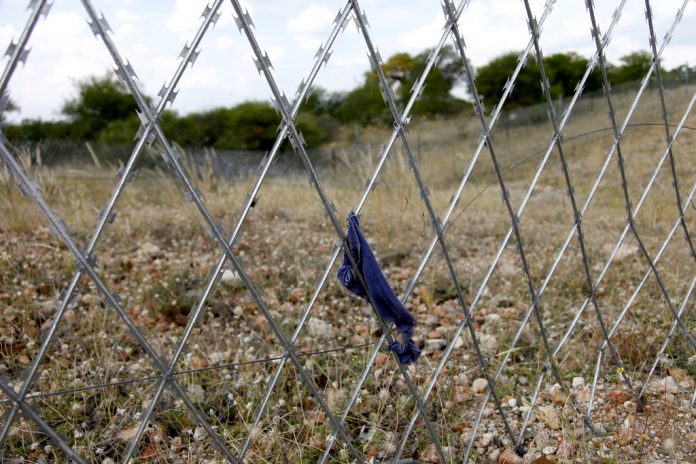The European Parliament on December 14 called on European Union member states to work more closely with each other and with Europol and the IT industry to fight sexual abuse and exploitation of children.
MEPs approved a non-legislative resolution assessing the implementation of the 2011 EU directive on combating sexual abuse of children. The text, drafted by Anna Maria Corazza Bildt (EPP, SE), was passed by 597 votes to 6, with 20 abstentions.
“Member states must do more, better and faster to ensure zero tolerance against child sexual abuse online and offline,” said Bildt. “The focus should be on removing illegal material at source and blocking when this is not possible, with faster procedures and safeguards. We also urge the internet industry to take their share of responsibility for working out innovative solutions to protect children.”
According to the resolution, web pages containing child sexual abuse material must be quickly removed and, when this is not possible, member states should block access to those pages for users within their territory.
MEPs also agreed that national authorities should enhance cooperation with the IT industry, as well as with third countries and Interpol, to speed up notifying and take-down procedures, in the cases where illegal content is made available from abroad.
The resolution passed by the MEPs also suggests drawing up blacklists of web sites containing child sexual material, to be shared among member states and with Europol and Interpol, and communicated to internet providers.
Adequate financial and human resources, reinforced cross-border information exchange and updated digital investigative techniques are key to protecting children against sexual abuse and exploitation, they insist.
MEPs also discussed the threats and risks to which children are exposed online, particularly recruitment. They demanded specific measures to combat new forms of crime online, such as revenge porn and sexual extortion.
The special vulnerability of migrant children to abuse, trafficking and sexual exploitation was also raised by the MEPs. They called for stronger police and judicial cooperation, and rapid exchange of information, to trace missing children.
The resolution also called on EU member states to introduce mandatory criminal background checks for persons applying or volunteering for activities or jobs with access to children, and to “systematically exchange information on individuals posing a risk to children”.

